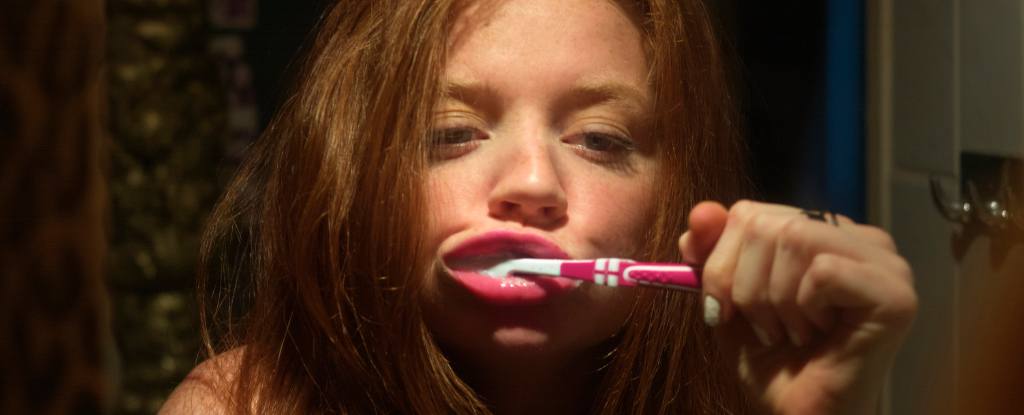
If you’re determined to log more minutes of exercise tomorrow, going to bed earlier tonight could help, according to a new study from Monash University in Australia. The research analyzed the relationship between bedtimes and subsequent physical activity levels, suggesting a significant connection between the two.
The study, which gathered data from wearables on 19,963 individuals over a year, provided researchers with nearly six million night-and-day reference points. While the findings do not definitively prove that an earlier bedtime leads to more exercise, they do suggest a noteworthy correlation.
“These insights carry meaningful implications for public health,” says psychologist Josh Leota from Monash University.
Implications for Public Health
This development follows growing interest in how lifestyle changes can impact health. Leota suggests that health campaigns could benefit from encouraging earlier bedtimes as a means to naturally foster more active lifestyles. The data showed that an earlier bedtime often coincided with more moderate-to-vigorous exercise the following day. For instance, individuals who went to bed at 9 PM logged an average of 30 minutes more exercise than those with a 1 AM bedtime.
Moreover, the amount of sleep also played a role. Participants who averaged five hours of sleep logged 41.5 more minutes of exercise compared to those who slept for nine hours, though the benefits of increased exercise may be counterbalanced by the effects of sleep deprivation.
Exploring the Underlying Reasons
Meanwhile, researchers propose several reasons why earlier bedtimes might lead to increased physical activity. Later bedtimes could indicate busier schedules, reducing the likelihood of hitting the snooze button the next morning. However, wake-up times were not included in the study data.
“Standard 9-to-5 routines can clash with the natural sleep preferences of evening types, leading to social jetlag, poorer sleep quality, and increased daytime sleepiness – which can all reduce motivation and opportunity for physical activity the next day,” says Leota.
The study controlled for factors such as age, body mass index, and whether it was a weekday or weekend. A second, more diverse dataset of 5,898 people showed a similar but less pronounced relationship, reinforcing the initial findings.
Correlation, Not Causation
However, it’s important to note that this study is based on correlation, not causation. Other factors, such as being a natural ‘night owl,’ may contribute to both late sleep and lower exercise times. More research is needed to disentangle these variables and draw firm conclusions.
Nevertheless, both sleep and exercise are fundamental to a healthy lifestyle. The study points to a simple intervention many might consider: moving bedtimes forward to potentially boost well-being.
“Sleep and physical activity are both critical to health, but until now we didn’t fully grasp how intricately connected they are in everyday life,” says psychologist Elise Facer-Childs, also from Monash University.
Looking Ahead
Facer-Childs adds, “Our findings are consistent across different populations, and show that if you can get to sleep earlier than usual whilst keeping your sleep duration the same, you may be more likely to increase your physical activity the following day.”
The research has been published in the Proceedings of the National Academy of Sciences (PNAS), providing a foundation for future studies to explore the complex relationship between sleep patterns and physical activity further.







